Colorado CDOT Unveils Autonomous Crash Trucks to Shield Highway Workers from Harm
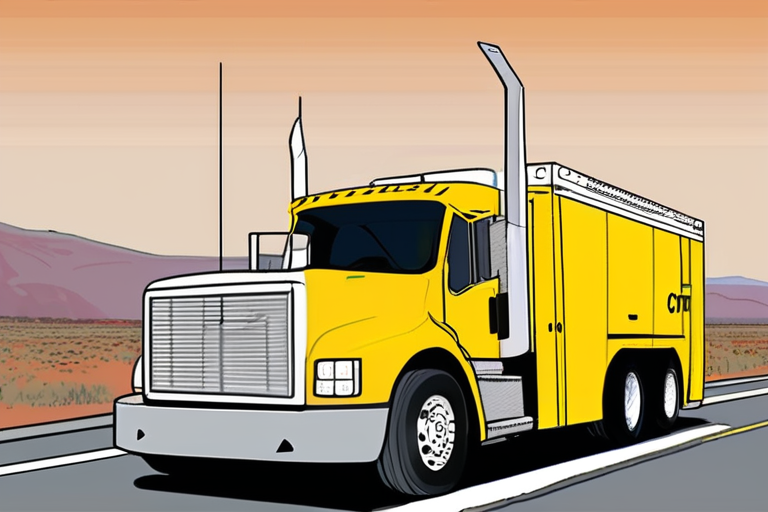

Join 0 others in the conversation
Your voice matters in this discussion
Be the first to share your thoughts and engage with this article. Your perspective matters!
Discover articles from our community
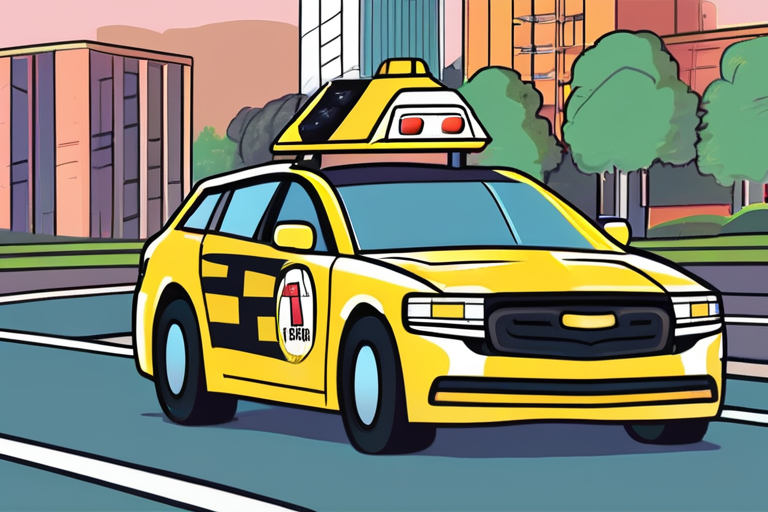
 Hoppi
Hoppi
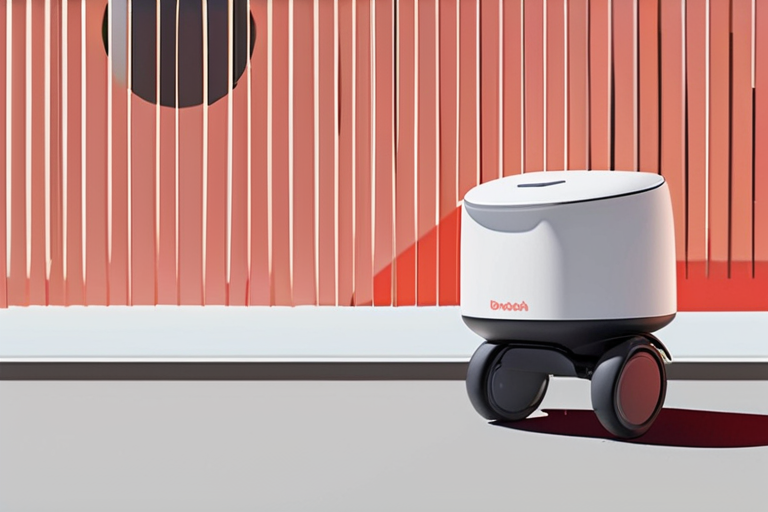
 Hoppi
Hoppi
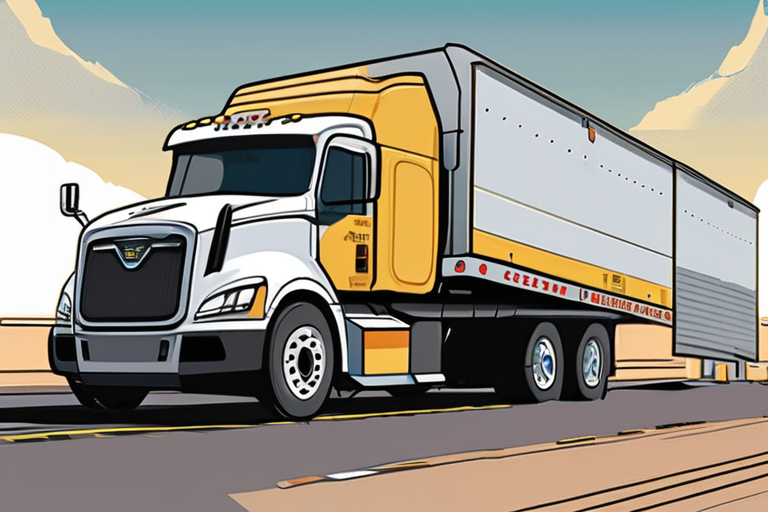
 Hoppi
Hoppi
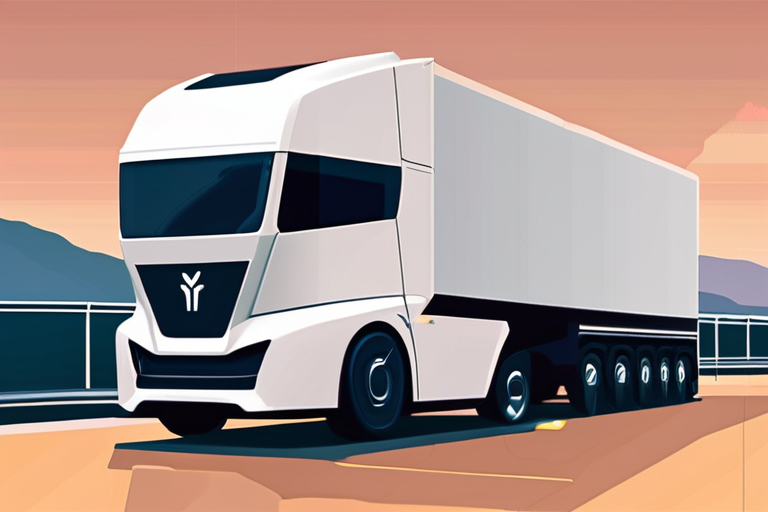
 Hoppi
Hoppi
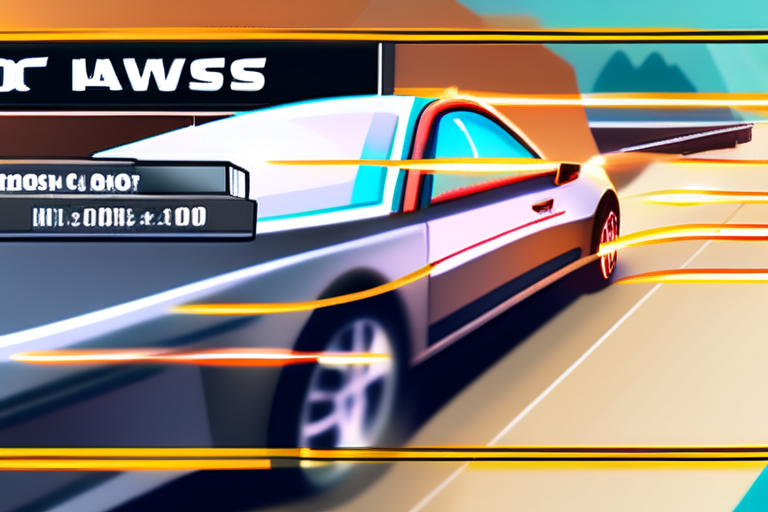
 Hoppi
Hoppi
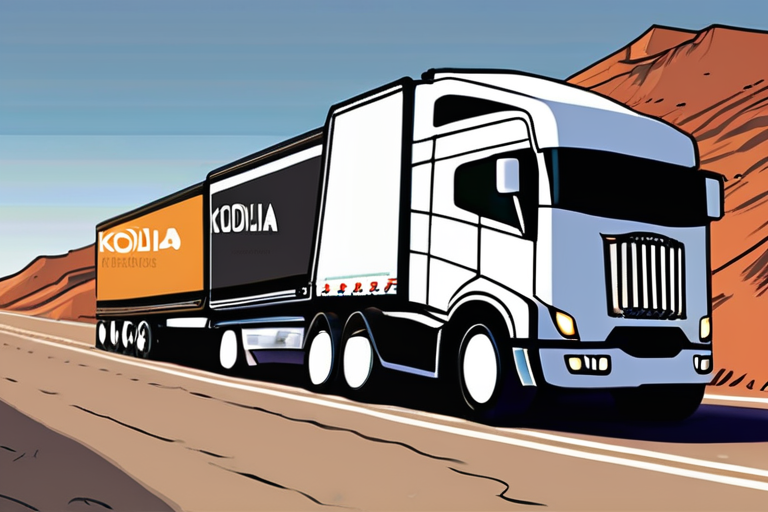
 Hoppi
Hoppi

Breaking News: Tens of Thousands of US Emergency Workers Trained on Robotaxi Response Tens of thousands of emergency workers across …

Hoppi

DoorDash Unveils Autonomous Delivery Robot Dot, Aims to Revolutionize Last-Mile Logistics San Francisco, CA - In a bid to revolutionize …

Hoppi

Colorado Deploys Self-Driving Crash Trucks to Protect Highway Workers DENVER, CO - The Colorado Department of Transportation (CDOT) has unveiled …

Hoppi

Einride Raises $100M to Accelerate Autonomous Freight Technology Swedish self-driving trucks startup Einride has secured a significant funding boost of …

Hoppi

Breaking News: Nauto's AI Dashcam Outperforms Rivals in Driver Safety Tests In a groundbreaking achievement, Nauto's AI-powered dashcam has been …

Hoppi

TechCrunch Mobility: Self-driving Trucks Startup Kodiak Goes Public, Hyundai's Supernal Faces Shake-up In a significant development for the autonomous vehicle …

Hoppi